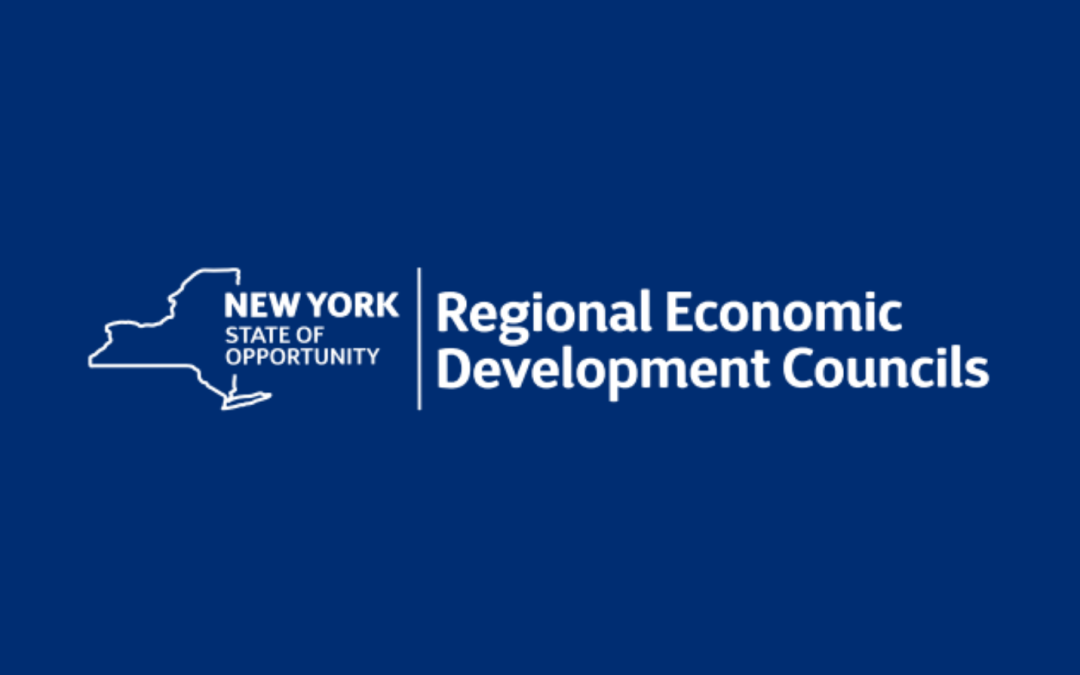- Empire State Development Corporation
- Energy Research and Development Authority
- Environmental Facilities Corporation
- Office of Parks, Recreation, and Historic Preservation
- Department of State
- Department of Environmental Conservation
- Homes and Community Renewal
- Canal Corporation
- Power Authority
Grants awarded through the CFA Process fund a variety of projects important to regional economic development throughout the State, ranging from storm water runoff and stream stabilization studies to exploring sustainable energy sources, waterfront revitalization, and even marketing and tourism initiatives. With the 2022 funding cycle rapidly approaching we wanted to share some best practices and pitfalls to avoid in order to position your organization for success.
CFA Best Practices
Plan. Be sure to review your municipal needs, determine what you would like to apply for in advance, and ensure there is a justifiable need for it by collecting applicable data. Be prepared with your strategic, comprehensive, and capital plans as well as documented support from local elected officials and community leaders. Having these items in hand will allow your organization to hit the ground running when the application period opens.
Know your REDC. Your local REDC will provide input into the review of your project before it is sent to the State for final consideration. It is essential to know which REDC you are a part of and build relationships with your representatives. Working with your REDC representatives will ensure that they understand your priority projects and how they align with your region’s strategic plan.
Be mindful of timing. CFA applications are traditionally due on the last Friday of July, but awards are usually not announced until December and distributed in January. Most often, projects cannot be reimbursed for any expenditures prior to an awarded contract. In addition, projects must be “shovel ready” for when funding awards are made. Being mindful of each project’s implementation timeline when compared to the allocation of funding is an important step in the planning process.
Check and double check. CFA applications are technical in nature with considerable data, narrative and attachment components. The competitiveness of each proposal submitted is predicated on its completeness so checking and double checking your work is critical to ensuring you don’t miss a step prior to submission.
CFA Pitfalls to Avoid
Starting too late. It takes time to align your community’s priority projects with your REDC’s strategic plan. It also takes time to review applicable CFA programs and identify those most critical to your organization’s goals and objectives, define each project’s scope and budget, and obtain the necessary supporting documentation that must be included with each application. Starting this process too late may hamper your organization’s ability to meet the application deadline.
Missing the economic development connection. When drafting your narrative, it is critical to focus on the regional economic benefit of your project, not just the benefit to your municipality. If your program seeks to bring tourism to your municipality, be sure to emphasize the long-term economic benefits to your hotels, restaurants, entertainment venues, and surrounding communities. If your project involves infrastructure repairs, consider focusing on the ability to lower taxes or divert funds to other beneficial areas. Proposing a project that does not directly to tie back to regional economic development will not be viewed favorably during the application review process.
Lack of collaboration. Your REDC as well as the state agencies reviewing your application(s) will want to see that you are taking a well-rounded approach to your project planning and implementation. Make sure you collaborate with a diverse group of stakeholders in your community and surrounding ones, as applicable, to include your local REDC. The local REDC scores each project in terms of prioritization with their strategic plan, which accounts for approximately 20% of each application’s overall score and often can be the difference between a funded versus unfunded project.
While the 2022 CFA funding cycle has not yet been announced, we anticipate that the State may begin accepting applications in early May. Given the technical nature of the CFA, it is imperative that interested applicants start planning now. Millennium has significant experience working through the CFA, having secured $11.5 million in funding on behalf of our clients during the 2021 funding cycle. If you would like to learn more about how we have helped guide our clients through the CFA process and how we may be able to assist with your proposal, please feel free to contact us today.

